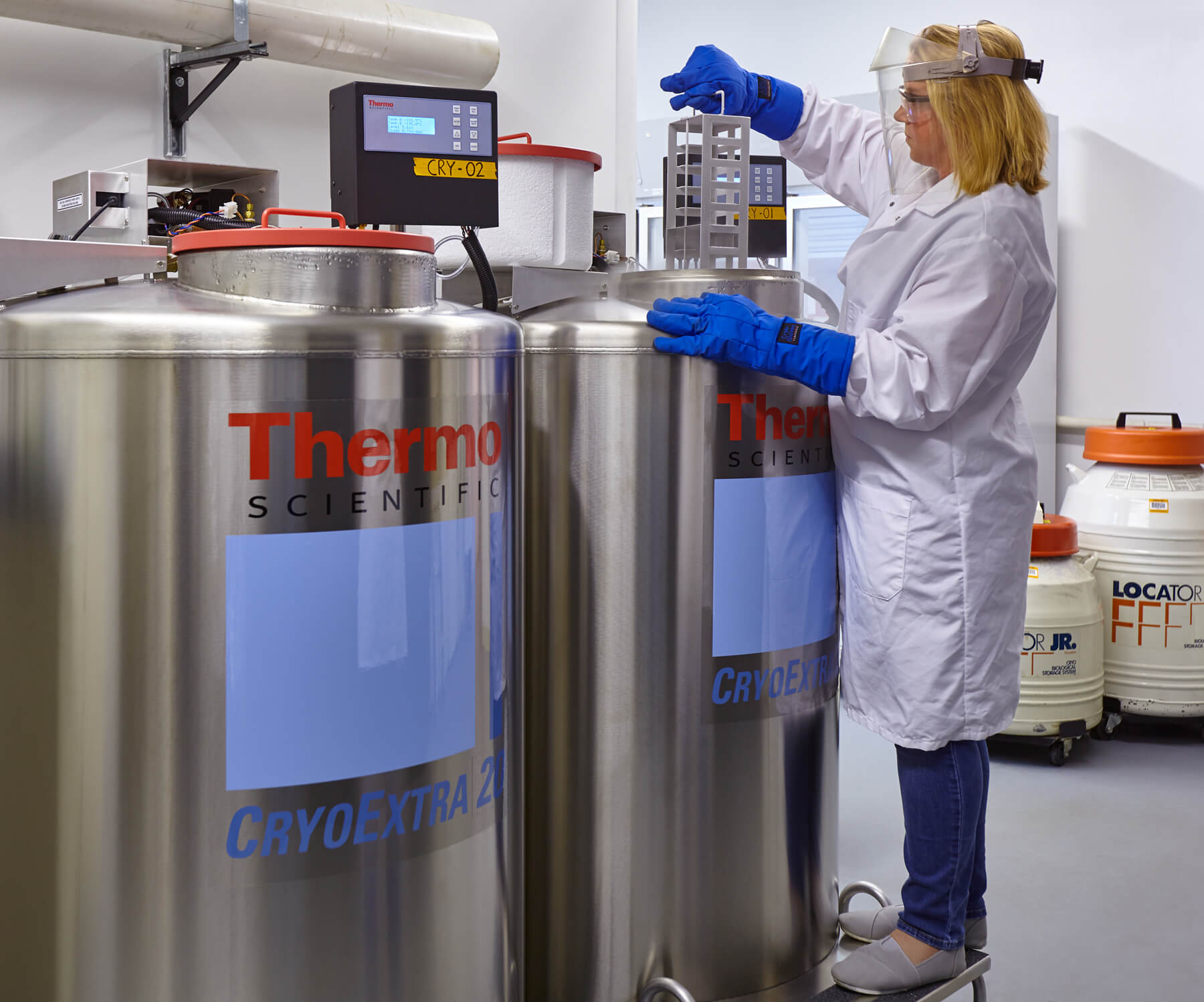
In the world of pharmaceuticals and biotechnology, the study of cells is at the heart of groundbreaking research and development. These microscopic powerhouses hold the secrets to understanding diseases, developing new therapies, and advancing medical science. However, the importance of proper cell storage cannot be overstated. In this article, we explore the five compelling reasons why maintaining cell integrity through proper storage methods is absolutely crucial for scientists in the pharmaceutical and biotech industry.
- Ensuring Research Reproducibility
Reproducibility is the cornerstone of scientific research. Without reliable and consistent results, scientific advancements cannot occur. Proper cell storage, which includes maintaining cell lines and primary cells under ideal conditions, ensures that experiments can be replicated with accuracy. Cell deterioration or contamination due to inadequate storage can lead to irreproducible results, hindering scientific progress.
- Preserving Rare and Valuable Cell Lines
In the pharmaceutical and biotech industry, certain cell lines are exceptionally rare or have unique properties critical for research or drug development. Proper cell storage safeguards these valuable assets. Cryopreservation techniques, such as controlled-rate freezing and liquid nitrogen storage, can preserve cells for extended periods, allowing researchers to access them when needed. Storing backup cell banks at a remote location also provides another layer of security for valuable samples.
- Minimizing Genetic Drift
Genetic drift can occur when cells are passaged (cultured) over time. Over multiple generations, subtle genetic changes may accumulate, affecting the characteristics of the cell line. Proper storage techniques, including frequent cryopreservation and rigorous monitoring, help minimize genetic drift, ensuring that cells maintain their original characteristics and relevance for research.
- Mitigating Contamination Risks
Contamination is the bane of cell culture laboratories. Bacterial, fungal, or viral contamination can compromise cell lines and, in turn, research outcomes. Proper cell storage practices, such as employing sterile techniques and regularly testing for contaminants, are essential for safeguarding the integrity of cell cultures.
- Supporting Long-term Research Projects
Many research projects in the pharmaceutical and biotech industry are long-term endeavors, spanning several years or even decades. Proper cell storage ensures that vital resources are available throughout the duration of these projects. Long-term preservation methods, such as cryopreservation in liquid nitrogen, allow cells to remain viable and useful for extended periods.
The proper storage of cells is not merely a routine aspect of laboratory work—it is a critical foundation upon which scientific advancements in pharmaceuticals and biotechnology are built. By ensuring research reproducibility, preserving rare cell lines, minimizing genetic drift, mitigating contamination risks, and supporting long-term research projects, scientists can unlock the full potential of cellular research. As the pharmaceutical and biotech industries continue to evolve, proper cell storage will remain an indispensable component of scientific progress and innovation.
ABS excels in offering premier cell storage solutions for pharmaceutical and biotech companies. With cryogenic storage systems and a commitment to quality control, ABS ensures optimal conditions for preserving critical biological samples. Our expertise in cold chain management and unwavering adherence to regulatory standards make ABS a trusted partner in maintaining the integrity of valuable cellular assets for the pharmaceutical and biotech industries. For reliable and secure cell storage solutions, contact ABS to discuss your specific needs.




